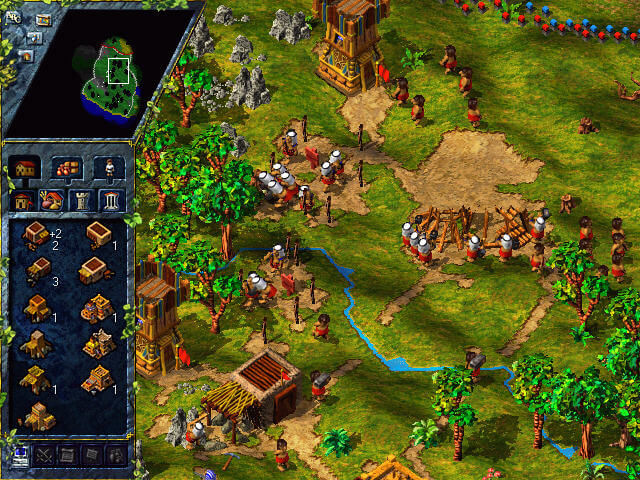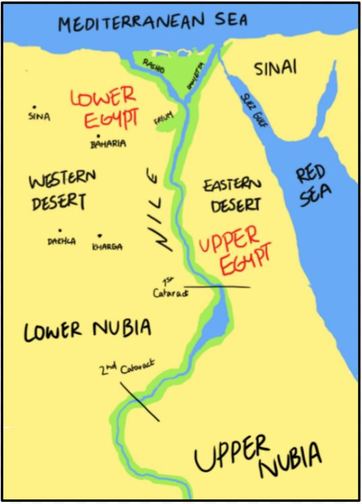


When these conflicts were over, he was firmly in control of Egypt and had strong claims (disputed by the Seleucid dynasty) to Palestine. At times he held Cyprus and even parts of mainland Greece. That led to almost continuous warfare against other leading members of Alexander's circle. The initial objective of Ptolemy's reign was to establish firm and broad boundaries to his newly acquired kingdom. The Ptolemaic dynasty (323–30 BC) Ĭleopatra VII along with her son Caesarion as Pharaoh It would remain one of the famous sights of the town for many years, until probably destroyed in riots in the 3rd century AD. He intercepted the embalmed corpse on its way to burial, brought it to Egypt, and placed it in a golden coffin in Alexandria. Ptolemy added legitimacy to his rule in Egypt by acquiring Alexander's body. The dynasty was composed solely by ethnic Greeks and produced dynasts such as the famous Cleopatra. Egypt was given to Ptolemy I Soter, whose descendants would give Egypt her final royal dynasty – a glittering one. After his death, in 323 BC, his empire was divided among his generals.

He respected the pharaonic religions and customs and he was proclaimed Pharaoh of Egypt. Main articles: History of Ptolemaic Egypt and Ptolemaic dynasty Rule of Alexander the Great (332–323 BC) Īlexander the Great conquered Egypt at an early stage of his conquests. Another such personage was Phanes of Halicarnassus. One such army was led by Mentor of Rhodes. The city later sank into the sea, only to be rediscovered recently.įrom the time of Psammetichus I onwards, Greek mercenary armies played an important role in some of the Egyptian wars. It was the first and, for much of its early history, the only permanent Greek colony in Egypt acting as a symbiotic nexus for the interchange of Greek and Egyptian art and culture.Īt about the same time, the city of Heracleion, the closest to the sea, became an important port for Greek trade. It was located on the Canopic branch of the Nile river, 45 mi (72 km) from the open sea. In 7th century BC, after the Greek Dark Ages from 1100–750 BC, the city of Naucratis was founded in Ancient Egypt. 154), King Psammetichus I (664–610 BC) established a garrison of foreign mercenaries at Daphnae, mostly Carians and Ionian Greeks. First historical colonies Īccording to Herodotus (ii. Siculus reports that all the Greek cities were destroyed during the cataclysm, but the Egyptian cities including Heliopolis and Sais survived. Diodorus Siculus claimed that Rhodian Actis, one of the Heliadae, built the city of Heliopolis before the cataclysm likewise the Athenians built Sais. Herodotus visited ancient Egypt in the 5th century BC and claimed that the Greeks were one of the first groups of foreigners that ever lived there. Greeks have been present in Egypt since at least the 7th century BC.


 0 kommentar(er)
0 kommentar(er)
